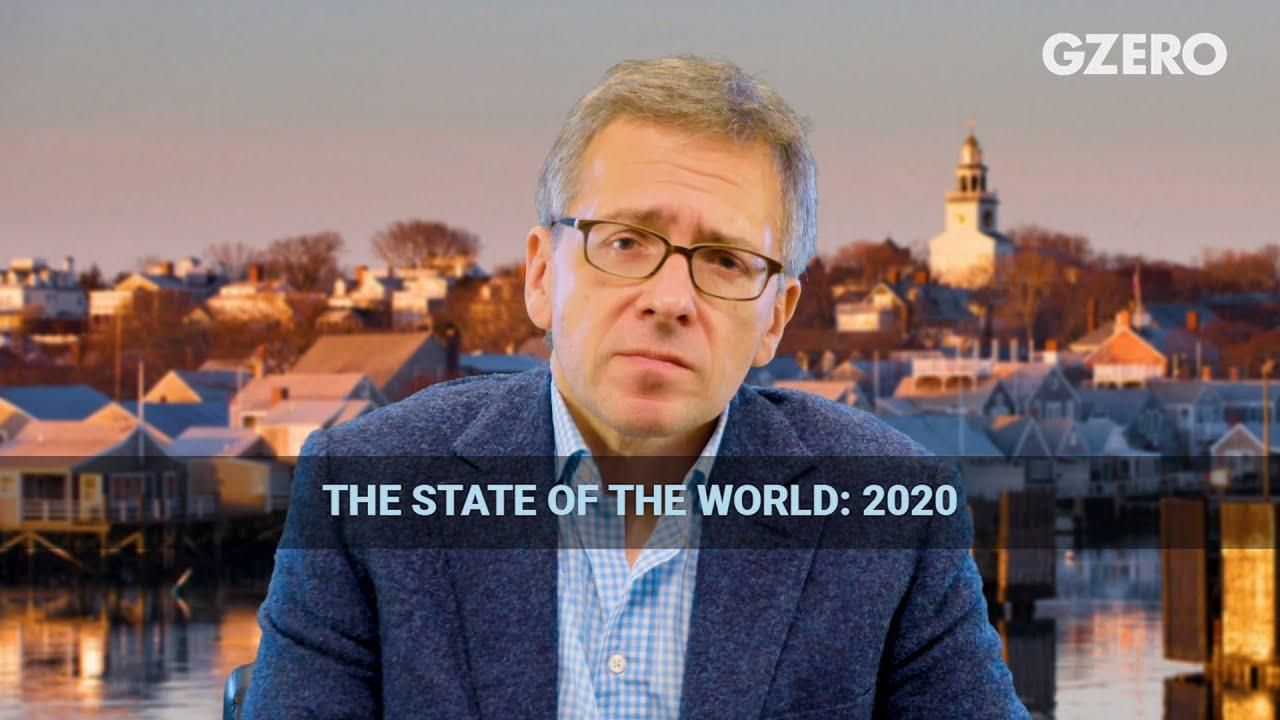State of the World
Ian Bremmer on the State of the World: COVID-19, the great accelerator

Ian Bremmer on the State of the World: COVID-19, the Great Accelerator | GZERO Media

Watch Ian Bremmer's full speech on "The State of the World." Today, this annual address has kicked off the 2020 GZERO Summit in Japan.
The coronavirus pandemic hasn't invented today's biggest challenges. For better and for worse, it simply accelerated important changes that were already well underway. It has exacerbated inequality of opportunity, both within and among countries. In fact, the most severe COVID-19 impacts in 2021 will be economic, particularly as debts soar in developing countries and international lenders have less to lend. The pandemic has also sped up the erosion of faith in democratic institutions and international cooperation. But the economic damage inflicted by this crisis has accelerated the transition from the 20th century brick-and-mortar model of commerce and growth toward a more dynamic 21st century economy that is powered more by the flow of information and less by fossil fuels. In short, thanks in part to the worst global health emergency in more than a century, the future will arrive sooner than we thought.
Global conflict was at a record high in 2025, will 2026 be more peaceful? Ian Bremmer talks with CNN’s Clarissa Ward and Comfort Ero of the International Crisis Group on the GZERO World Podcast.
Think you know what's going on around the world? Here's your chance to prove it.
Indian Prime Minister Narendra Modi isn’t necessarily known as the greatest friend of Muslim people, yet his own government is now seeking to build bridges with Afghanistan’s Islamist leaders, the Taliban.
The European Union just pulled off something that, a year ago, seemed politically impossible: it froze $247 billion in Russian central bank assets indefinitely, stripping the Kremlin of one of its most reliable pressure points.